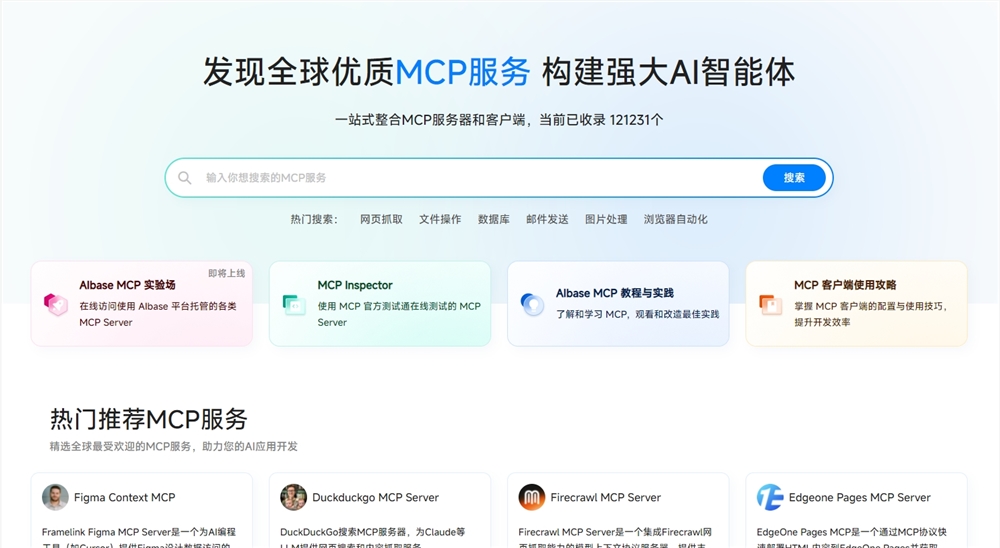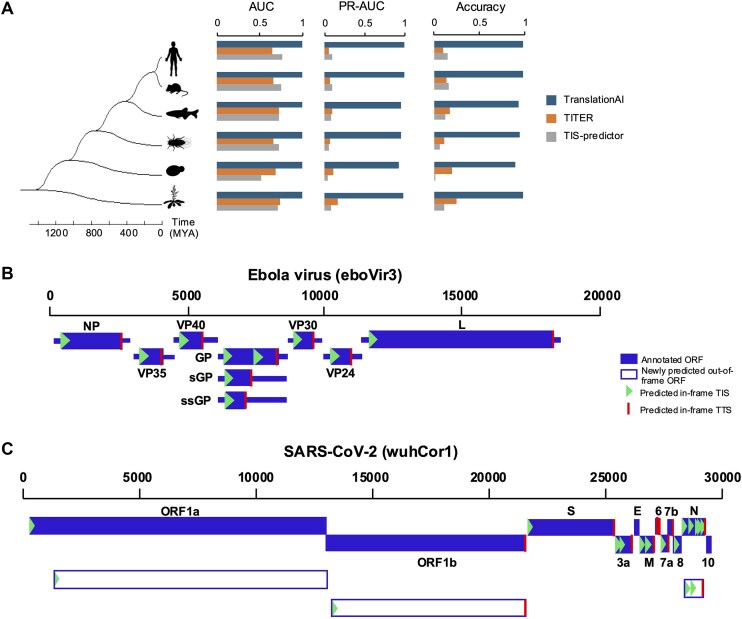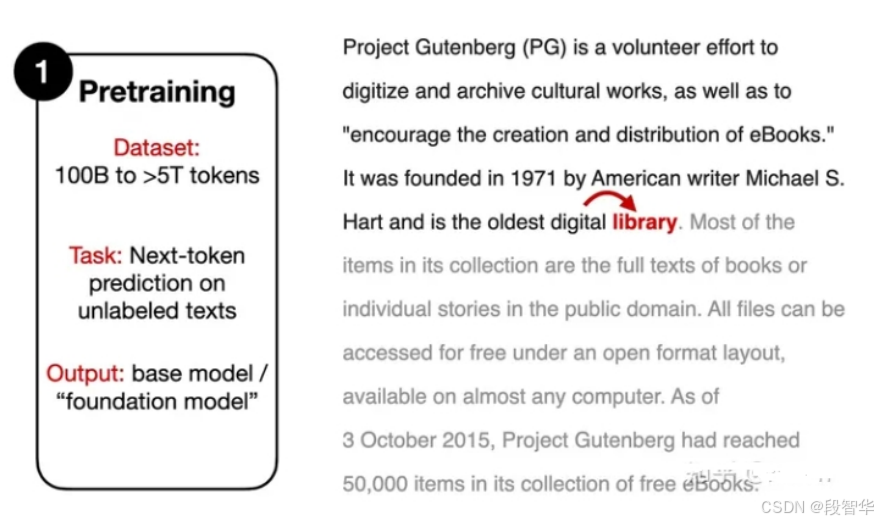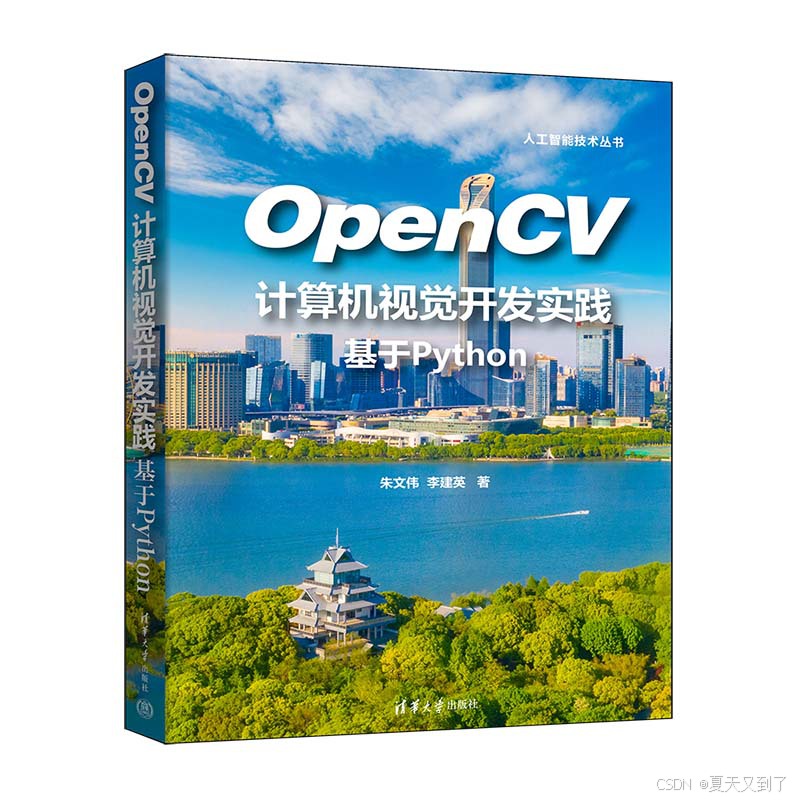Apache HttpClient 5 核心用法详解
Apache HttpClient 5 是 Apache 基金会推出的新一代 HTTP 客户端库,相比 4.x 版本在性能、模块化和易用性上有显著提升。以下是其核心用法及最佳实践:
一、添加依赖
Maven 项目:
<dependency>
<groupId>org.apache.httpcomponents.client5</groupId>
<artifactId>httpclient5</artifactId>
<version>5.4-alpha1</version> <!-- 检查最新版本 -->
</dependency>
Gradle 项目:
implementation 'org.apache.httpcomponents.client5:httpclient5:5.4-alpha1'
二、基础用法
1. 创建 HttpClient 实例
import org.apache.hc.client5.http.classic.methods.HttpGet;
import org.apache.hc.client5.http.classic.methods.HttpPost;
import org.apache.hc.client5.http.impl.classic.CloseableHttpClient;
import org.apache.hc.client5.http.impl.classic.HttpClients;
import org.apache.hc.core5.http.ClassicHttpResponse;
import org.apache.hc.core5.http.HttpEntity;
import org.apache.hc.core5.http.io.entity.EntityUtils;
import org.apache.hc.core5.http.io.entity.StringEntity;
// 创建带连接池的客户端(默认连接池大小:2*CPU核心数)
CloseableHttpClient httpClient = HttpClients.custom()
.setConnectionManagerShared(true) // 共享连接池(推荐)
.setDefaultRequestConfig(RequestConfig.custom()
.setConnectTimeout(5000) // 连接超时(毫秒)
.setResponseTimeout(10000) // 响应超时
.build())
.build();
2. 发送 GET 请求
HttpGet httpGet = new HttpGet("https://api.example.com/data");
try (CloseableHttpClient client = HttpClients.createDefault()) {
try (CloseableHttpResponse response = client.execute(httpGet)) {
HttpEntity entity = response.getEntity();
String result = EntityUtils.toString(entity);
System.out.println("Status: " + response.getCode() + ", Body: " + result);
}
}
3. 发送 POST 请求(提交 JSON)
HttpPost httpPost = new HttpPost("https://api.example.com/post");
String jsonBody = "{\"key\":\"value\"}";
httpPost.setEntity(new StringEntity(jsonBody, ContentType.APPLICATION_JSON));
try (CloseableHttpClient client = HttpClients.createDefault()) {
try (CloseableHttpResponse response = client.execute(httpPost)) {
HttpEntity entity = response.getEntity();
String result = EntityUtils.toString(entity);
System.out.println("Status: " + response.getCode() + ", Body: " + result);
}
}
三、高级功能
1. 连接池配置(优化性能)
PoolingHttpClientConnectionManager cm = new PoolingHttpClientConnectionManager();
cm.setMaxTotal(100); // 最大连接数
cm.setDefaultMaxPerRoute(20); // 每个路由默认最大连接数
CloseableHttpClient client = HttpClients.custom()
.setConnectionManager(cm)
.build();
2. 自定义 Header 和 Cookie
HttpGet httpGet = new HttpGet("https://api.example.com/data");
httpGet.setHeader("User-Agent", "Apache HttpClient 5");
httpGet.setHeader("Authorization", "Bearer token123");
// 添加 Cookie
BasicCookieStore cookieStore = new BasicCookieStore();
BasicClientCookie cookie = new BasicClientCookie("session_id", "abc123");
cookie.setDomain("api.example.com");
cookieStore.addCookie(cookie);
CloseableHttpClient client = HttpClients.custom()
.setDefaultCookieStore(cookieStore)
.build();
3. 文件上传(Multipart)
HttpPost httpPost = new HttpPost("https://api.example.com/upload");
MultipartEntityBuilder builder = MultipartEntityBuilder.create();
builder.addBinaryBody("file", new File("path/to/file.jpg"),
ContentType.MULTIPART_FORM_DATA, "file.jpg");
builder.addTextBody("description", "Test upload", ContentType.TEXT_PLAIN);
httpPost.setEntity(builder.build());
try (CloseableHttpClient client = HttpClients.createDefault()) {
try (CloseableHttpResponse response = client.execute(httpPost)) {
// 处理响应
}
}
4. 异步请求(非阻塞)
HttpClientAsyncClient asyncClient = HttpClients.createAsyncDefault();
HttpGet httpGet = new HttpGet("https://api.example.com/data");
asyncClient.execute(httpGet, new FutureCallback<>() {
@Override
public void completed(ClassicHttpResponse response) {
HttpEntity entity = response.getEntity();
String result = EntityUtils.toString(entity);
System.out.println("Async Response: " + result);
}
@Override
public void failed(Exception ex) {
ex.printStackTrace();
}
@Override
public void cancelled() {
System.out.println("Request cancelled");
}
});
// 主线程继续执行其他任务
Thread.sleep(5000); // 等待异步结果(实际需用 CountDownLatch 等机制)
四、迁移指南(从 HttpClient 4.x)
-
包名变化:
org.apache.http.client.HttpClient→org.apache.hc.client5.http.classic.HttpClientHttpGet/HttpPost等类路径调整。
-
API 调整:
- 响应处理:
CloseableHttpResponse替代CloseableHttpResponse(方法名类似)。 - 连接池管理:使用
PoolingHttpClientConnectionManager替代PoolingHttpClientConnectionManager。
- 响应处理:
-
移除废弃方法:
- 如
HttpClientBuilder.setMaxConnPerRoute()改为setMaxConnPerRoute(Route, int)。
- 如
五、最佳实践
- 复用 HttpClient 实例:避免频繁创建/销毁,推荐使用
HttpClients.custom().build()创建单例。 - 资源释放:使用
try-with-resources确保CloseableHttpClient和CloseableHttpResponse正确关闭。 - 异常处理:捕获
IOException和HttpRequestException,处理网络错误和 HTTP 状态码。 - 性能监控:通过
ConnectionStats监控连接池使用情况。
通过以上内容,您已掌握 Apache HttpClient 5 的核心用法,可根据项目需求实现高效、稳定的 HTTP 通信。如需处理复杂场景(如 OAuth2 认证、WebSocket),可进一步探索其扩展模块。


![[IMX] 02.GPIO 寄存器](https://i-blog.csdnimg.cn/direct/d8e69ec1a56841cc8d8dcb616936f599.png)

